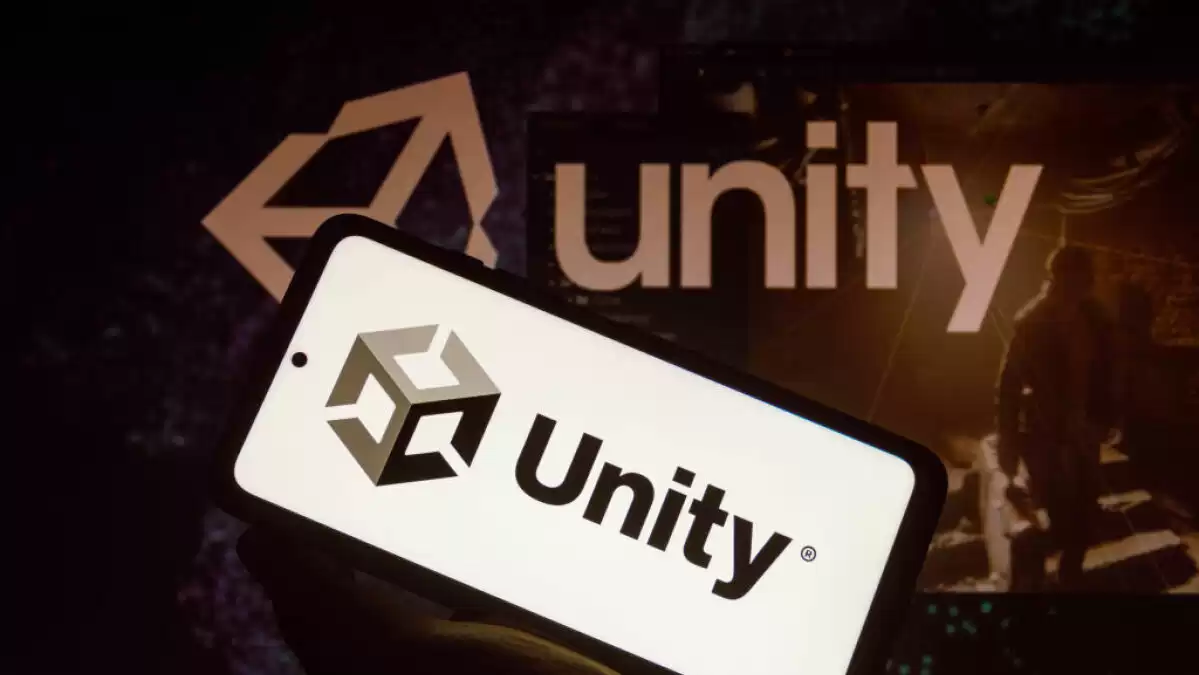'Game developers furious about Unity's new installation-based fees'
Game engine Unity has faced backlash after announcing that it will charge developers a fee for each user installation of their games. Developers have criticized the policy change, which will come into effect on 1 January 2023, for its potential to harm game studios. Unity has responded to concerns, stating that developers will only be charged once if a user deletes and reinstalls a game on the same machine, but will be charged for installations on different devices. Developers have also criticized the lack of transparency regarding Unity's installation data.
Game engine Unity has recently faced backlash from developers due to its new policy of charging a fee for every game installation. This fee applies even if users are installing games they already own on a new computer. The announcement of this policy change has sparked anger and confusion within the game development community. Starting from January 1, 2023, Unity Technologies will charge developers a Unity Runtime Fee for all games built with Unity, provided they have met a minimum revenue threshold and a minimum lifetime install count within the past year. The Runtime Fee thresholds begin at $200,000 in revenue and 200,000 lifetime game installs, with fees calculated based on the number of installs above the threshold, charging up to $0.20 per install.
While the fee may seem insignificant, it has the potential to harm numerous game studios. Unity is widely used in the industry, with popular titles such as Genshin Impact, Among Us, Cult of the Lamb, Dredge, Kerbal Space Program, The Pale Beyond, Volcano Princess, Mars First Logistics, Beat Saber, Cuphead, and Marvel Snap being developed on the platform. Unity justifies the fee by explaining that each time a game is downloaded, the Unity Runtime is also installed, and an initial install-based fee allows creators to retain ongoing financial gains from player engagement, unlike a revenue share model.
However, many developers have raised concerns about the new policy. They have pointed out issues related to demos, refunds, subscription services like Xbox Game Pass, free-to-play games, and participation in charity bundles. There are also concerns about the installation of pirated games. Unity initially confirmed that developers would be charged for each install if a user deletes and reinstalls a game on the same machine, but later backtracked on this after facing backlash. Developers will still be charged multiple times if users install the same game on different devices. Unity has stated that fees for installations from subscription game services will be charged to distributors, and games included in charity bundles will be exempt from the fee. However, it remains unclear how the company will identify which installs are from charity bundles.
Unity has also not provided a clear answer on how its install-based fee system will address software piracy. The company has mentioned its existing fraud detection practices but admits it is still figuring out the specifics. Developers have expressed concerns about Unity's lack of transparency regarding installation data, as the company has declined to provide detailed information. This raises questions about the accuracy of the data and leaves developers without the means to verify Unity's calculations.
Furthermore, Unity's fee structure does not apply to developers using Unity for film, education, or gambling, which has led to criticism and confusion. The timing of the fee announcement is also noteworthy, as Unity CEO John S. Riccitiello sold shares shortly before the announcement, leading to speculation about the company's motives.
The negative response to Unity's new fee structure has prompted many developers to consider switching to alternative game engines. However, this decision is not taken lightly due to the investment of time and training in Unity. The introduction of the Unity Runtime Fee has damaged the trust developers had in Unity as a reliable game engine, and the company will need to work hard to regain their confidence.












Comments on 'Game developers furious about Unity's new installation-based fees'